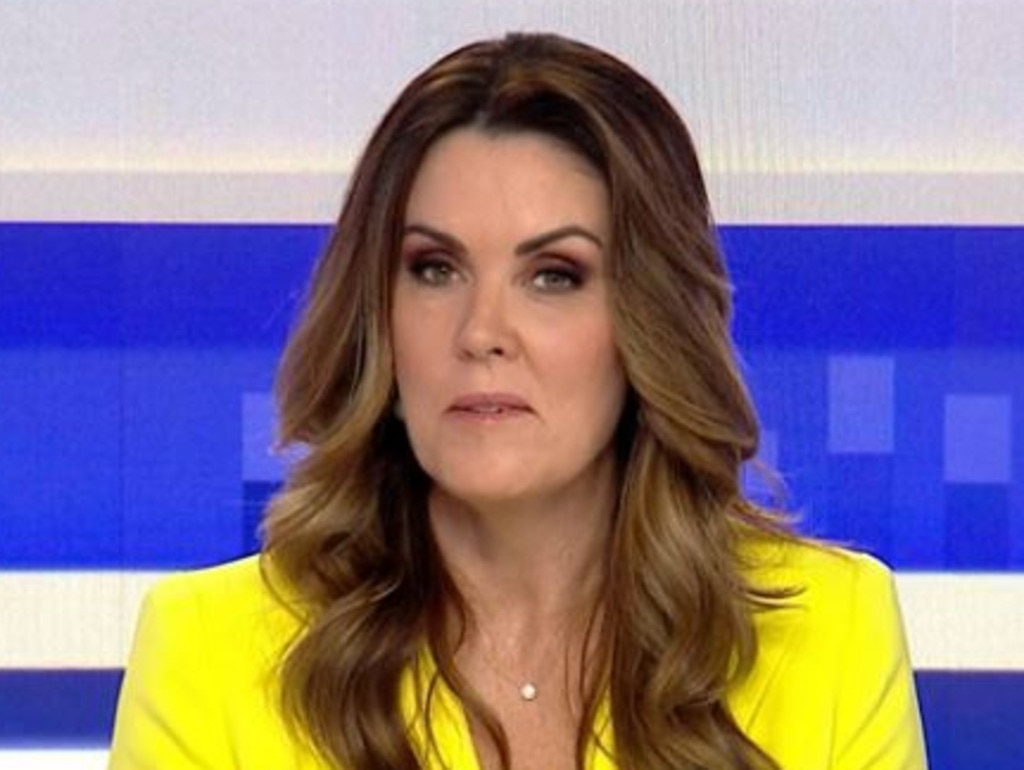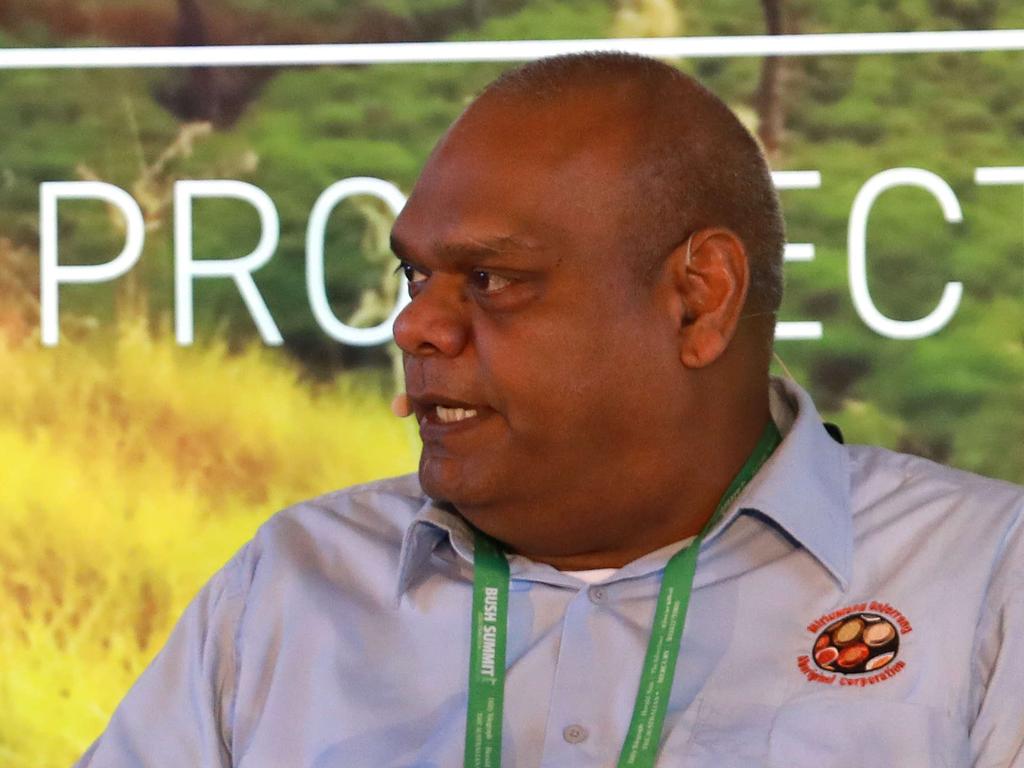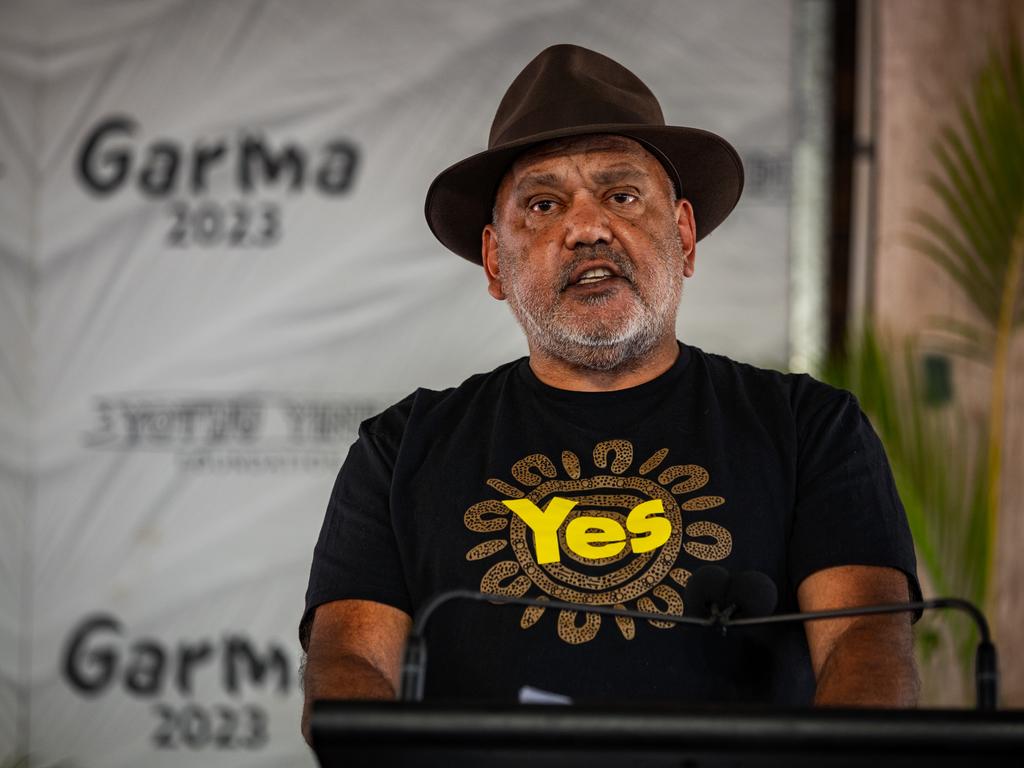Censorship of Peta Credlin’s voice Facebook post highlights dangers to free speech

Given the federal government’s determination to institutionalise censorship in the name of tackling misinformation, it is a warning that must be taken seriously.
This is particularly so given the censorship in question involves a high-profile television commentator and newspaper columnist, and the censorious decision-making was outsourced to anonymous fact-checkers at a Melbourne university and the ABC.
Peta Credlin revealed in her column on Thursday that on August 3, Sky News posted her nightly editorial on Facebook, substantiating the argument that the Uluru Statement was a lot more than just the Prime Minister’s one-page poster.
A week later, the big tech censors blanked it out, labelling it “False information”. Checked by independent fact-checkers”, with a link to the RMIT and the ABC fact-checkers website.
Certainly, whether or not the Uluru Statement is one page or longer is now a contested fact. As Credlin has reported, Megan Davis, one of the Uluru Statement’s main authors and a key member of Anthony Albanese’s Referendum Working Group, said in her 2018 Parkes Oration: “The Uluru Statement from the Heart isn’t just the first one-page statement; it’s actually a very lengthy document of about 18 to 20 pages, and a very powerful part of this document reflects what happened in the dialogues.”
In the heat of a referendum debate, Professor Davis has recanted and backed Mr Albanese’s view that the Uluru Statement is one page. The RMIT-ABC fact-checkers simply asserted that the Prime Minister, the Uluru Statement’s authors and the NIAA had denied Credlin’s claim.
This should not really matter other than it confirms the unworldly nature of academia and the ABC. But it has consequences that matter a great deal. By using the fact-check statement to censor Credlin’s column, Facebook has shown why big tech cannot be trusted to be rigorous in its defence of free speech.
At its least sinister, the default position of Facebook is to avoid controversy, no matter how relevant the facts being suppressed might be to public debate of great importance. What chance is there of digital media standing up to a legislated bureaucracy?
Mr Albanese admits he has not bothered to read more than the one-page Uluru document, despite committing to the statement in full. What is the likelihood he has properly considered the implications of promoting a bureaucracy dedicated to pushing tech companies to censor inconvenient facts?






The censorship of information by big tech in the Indigenous voice to parliament referendum debate provides a stark warning about the growing dangers to free speech.